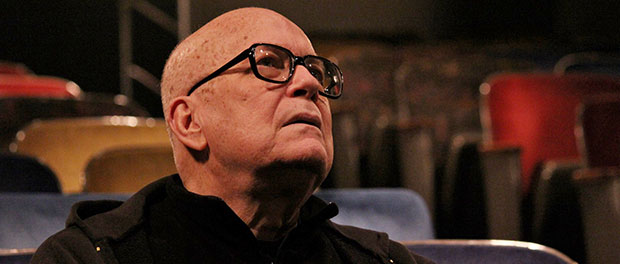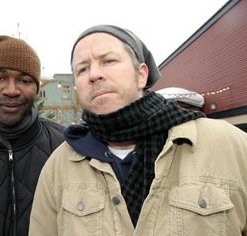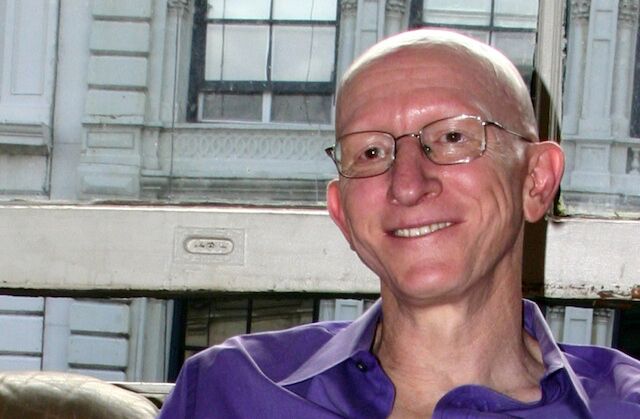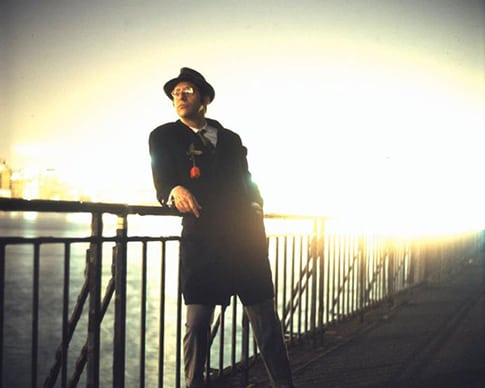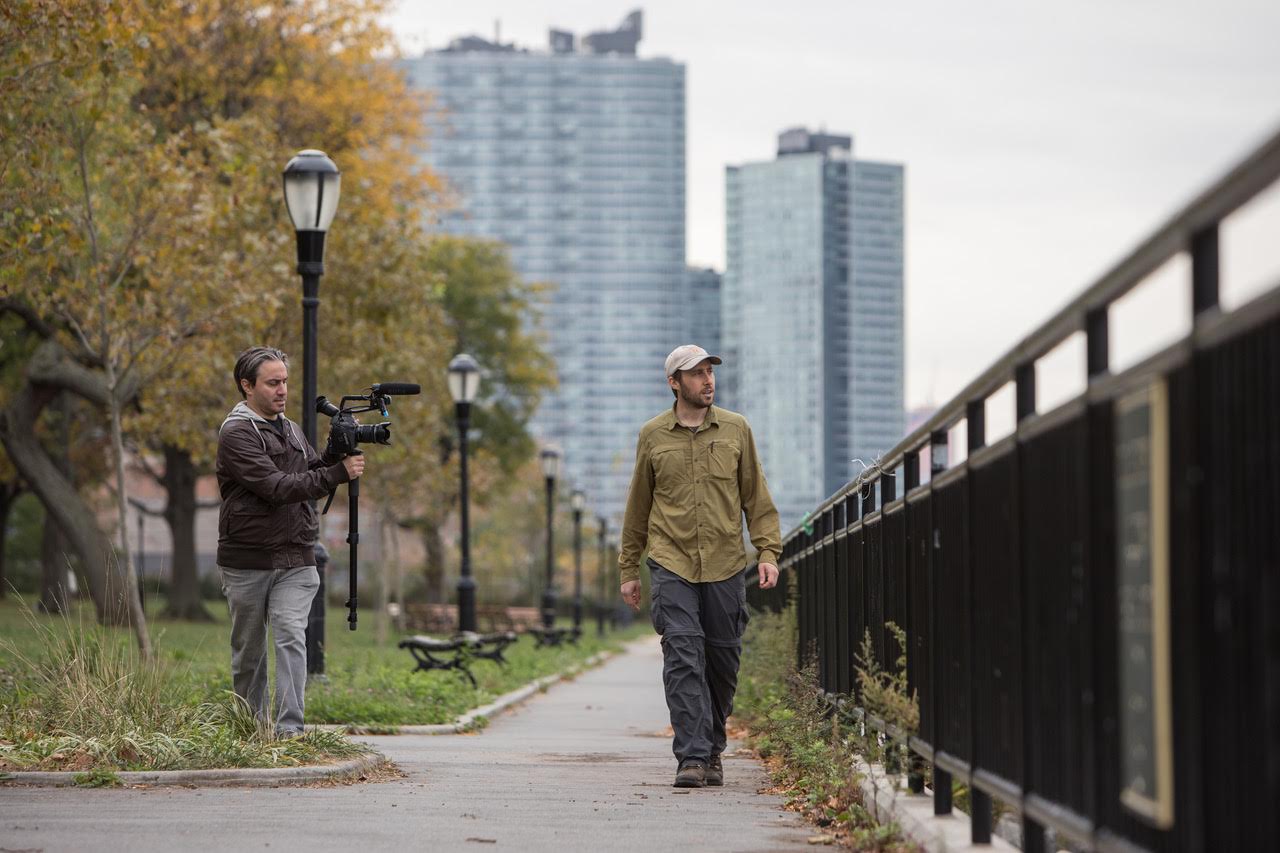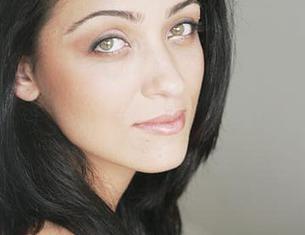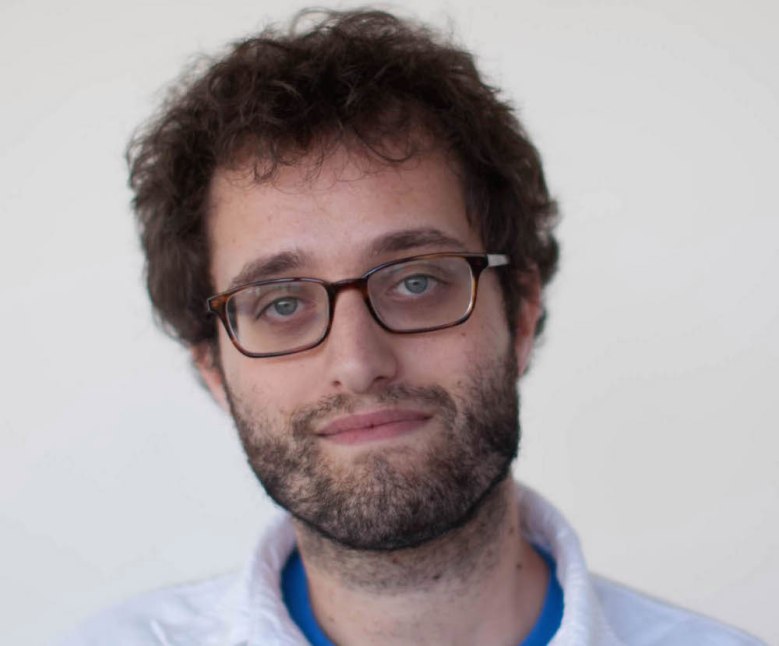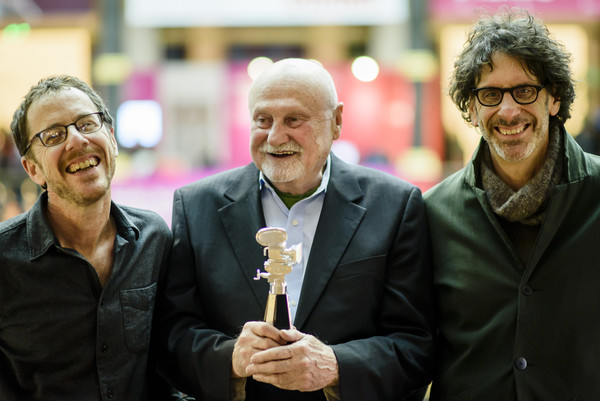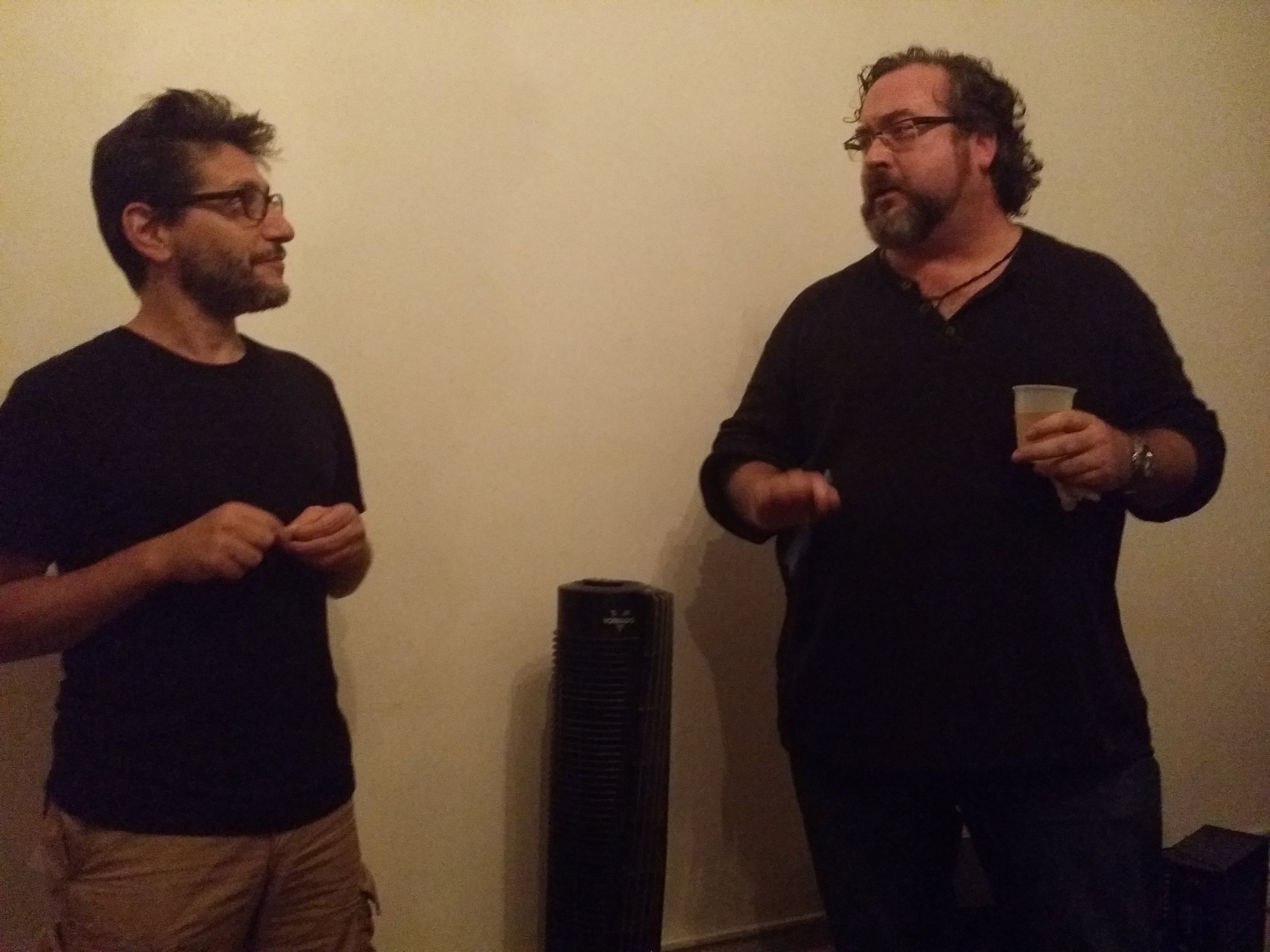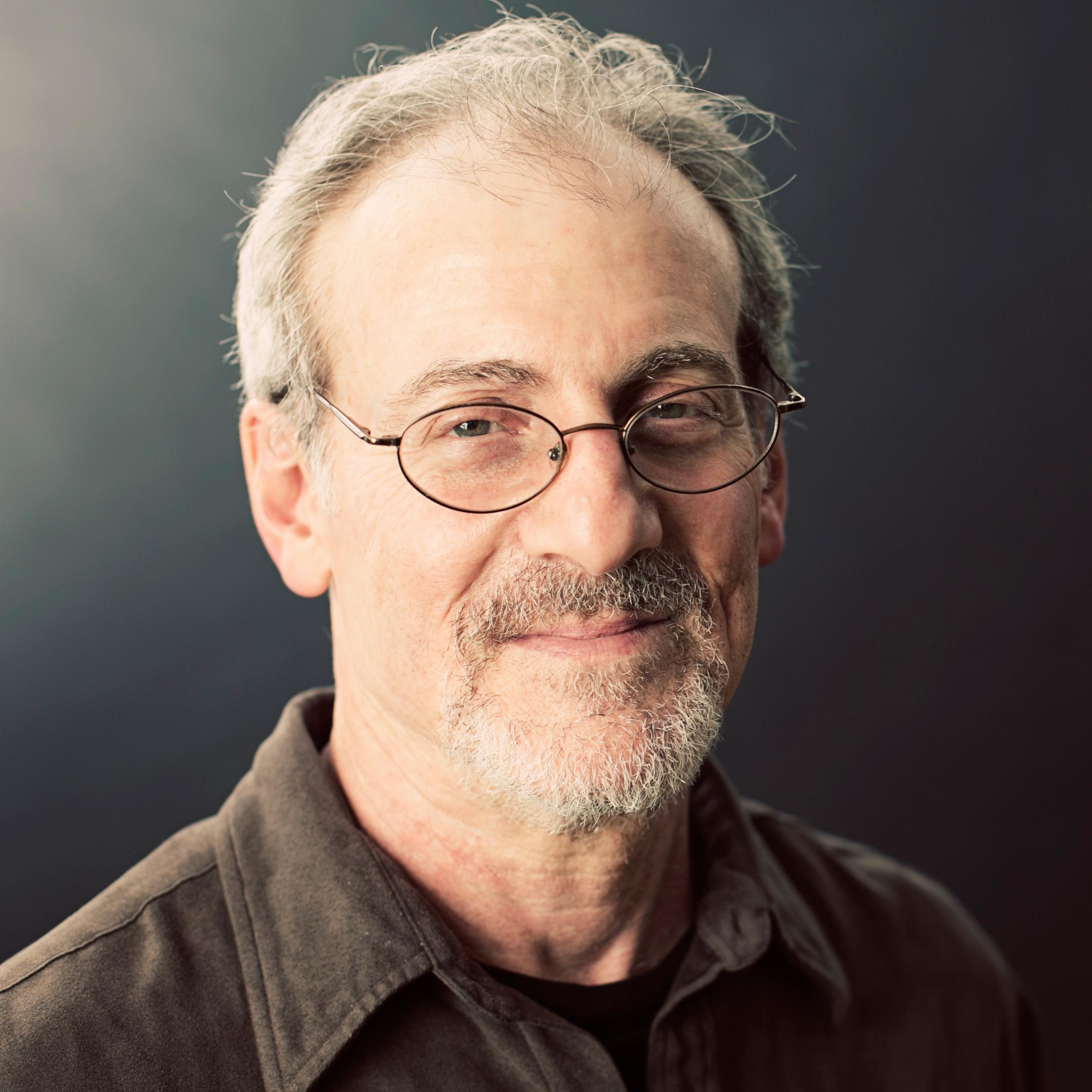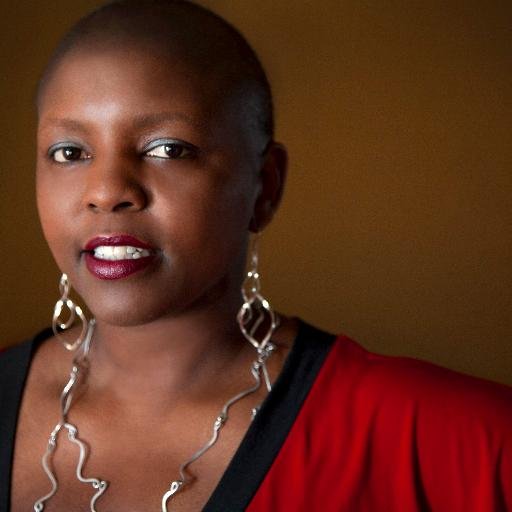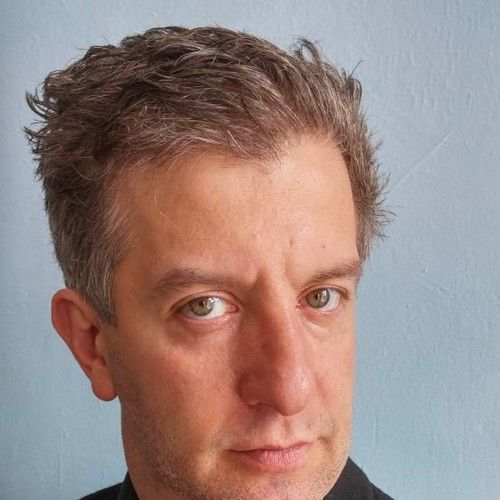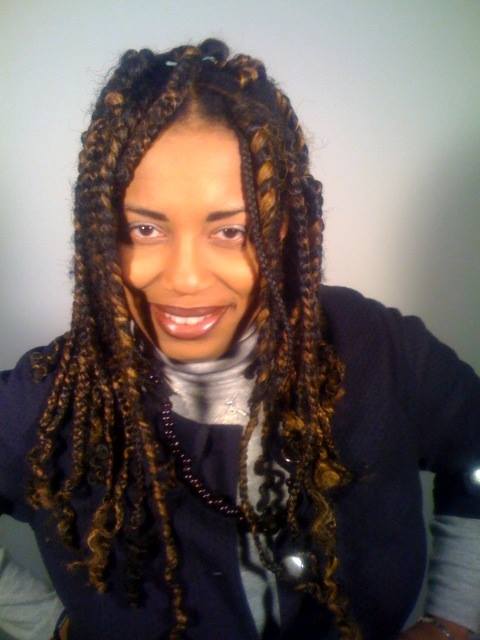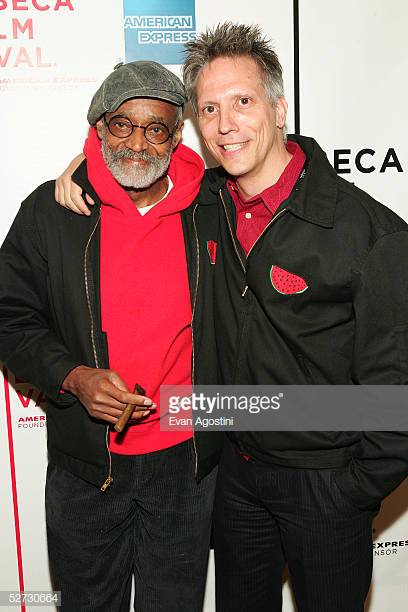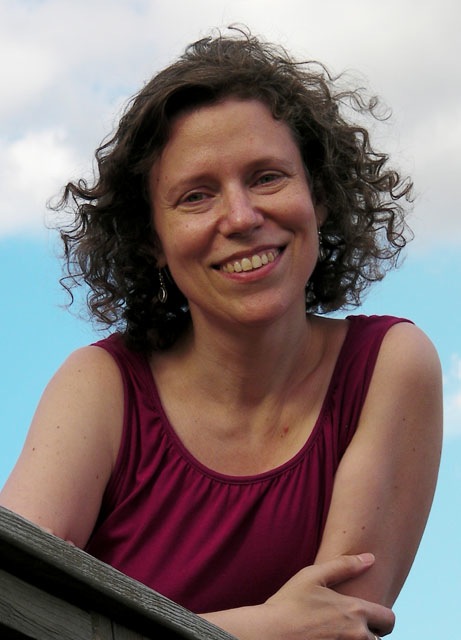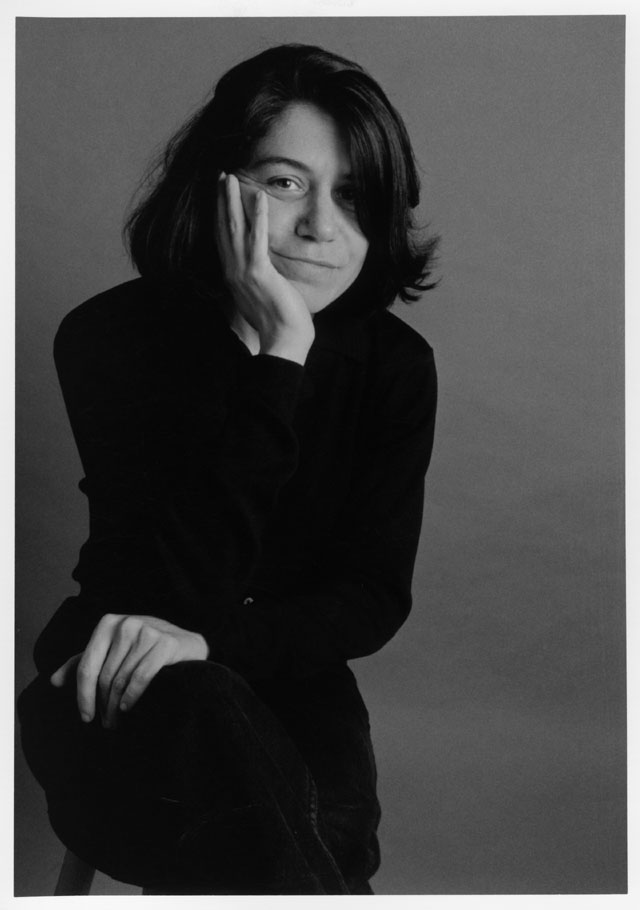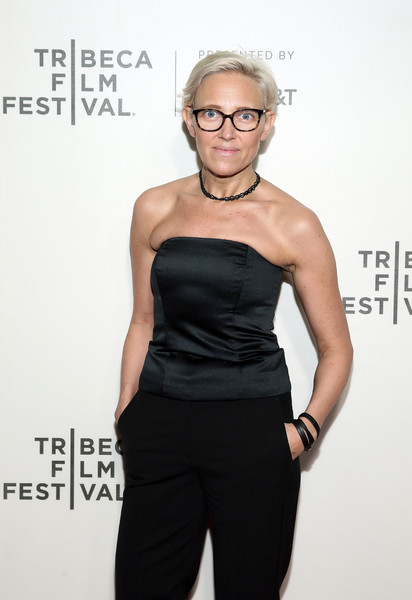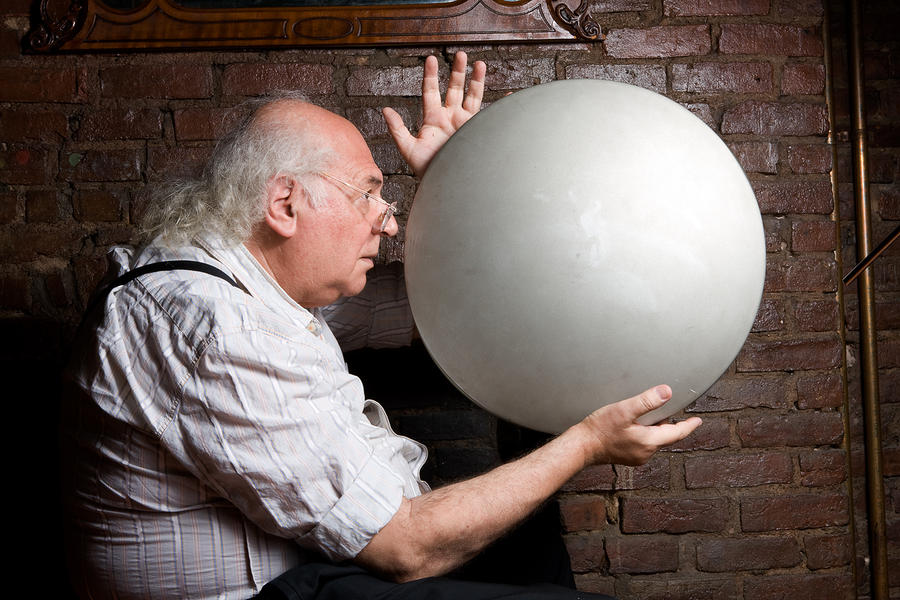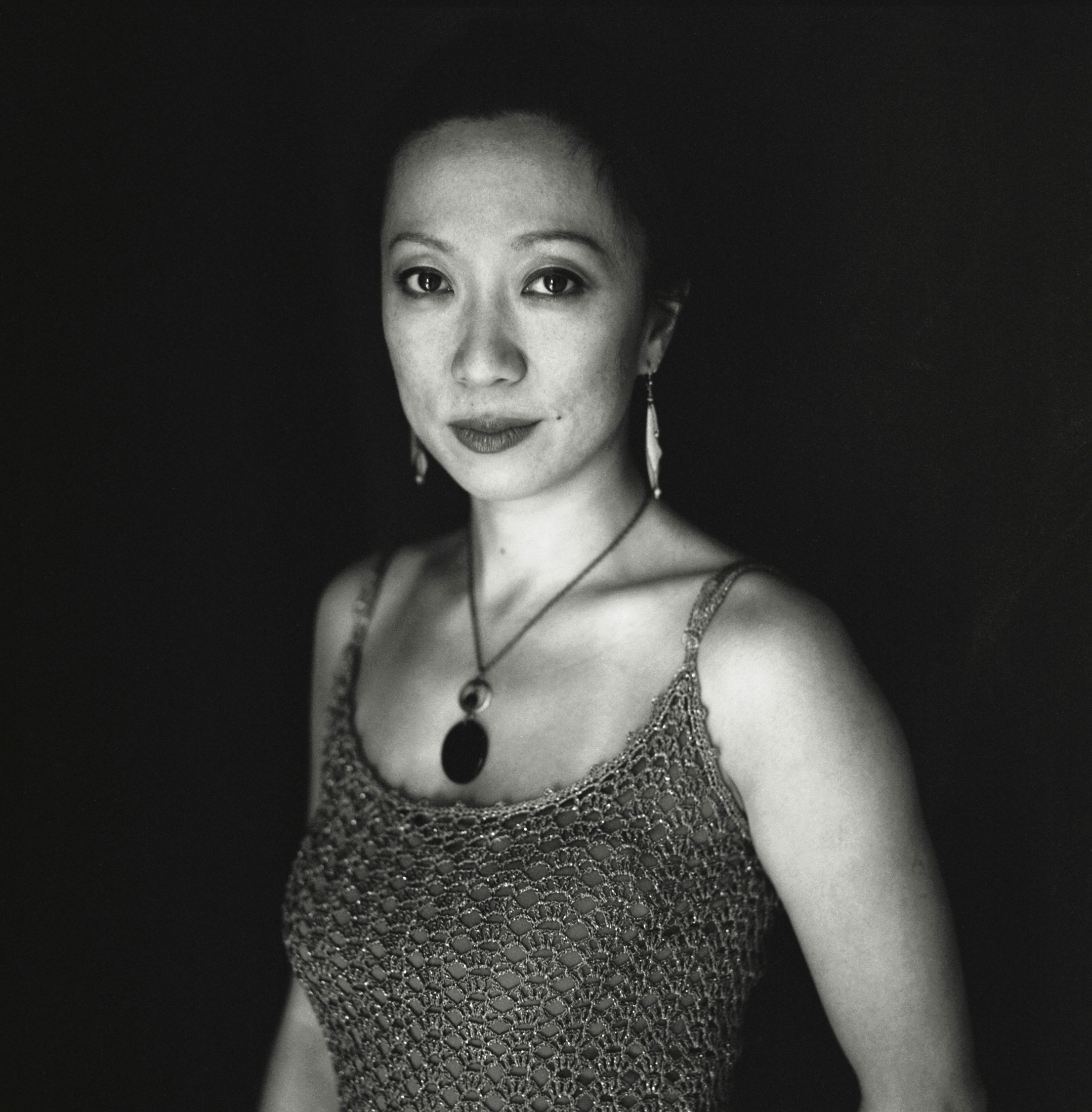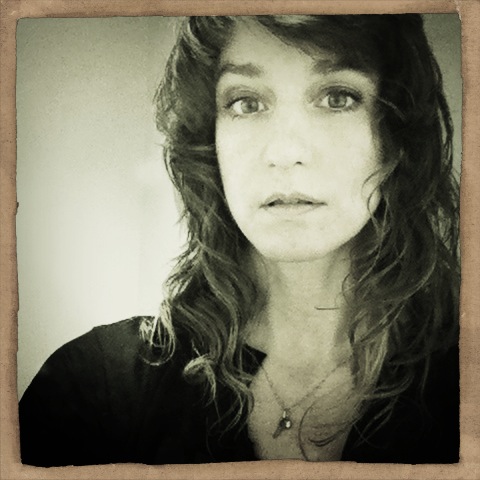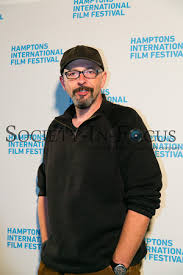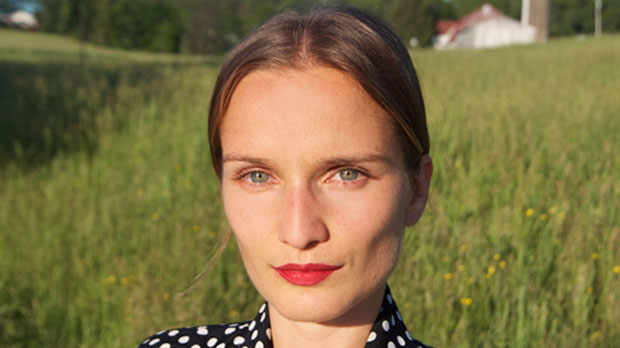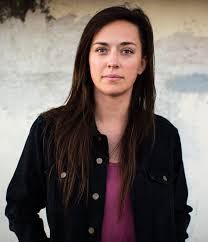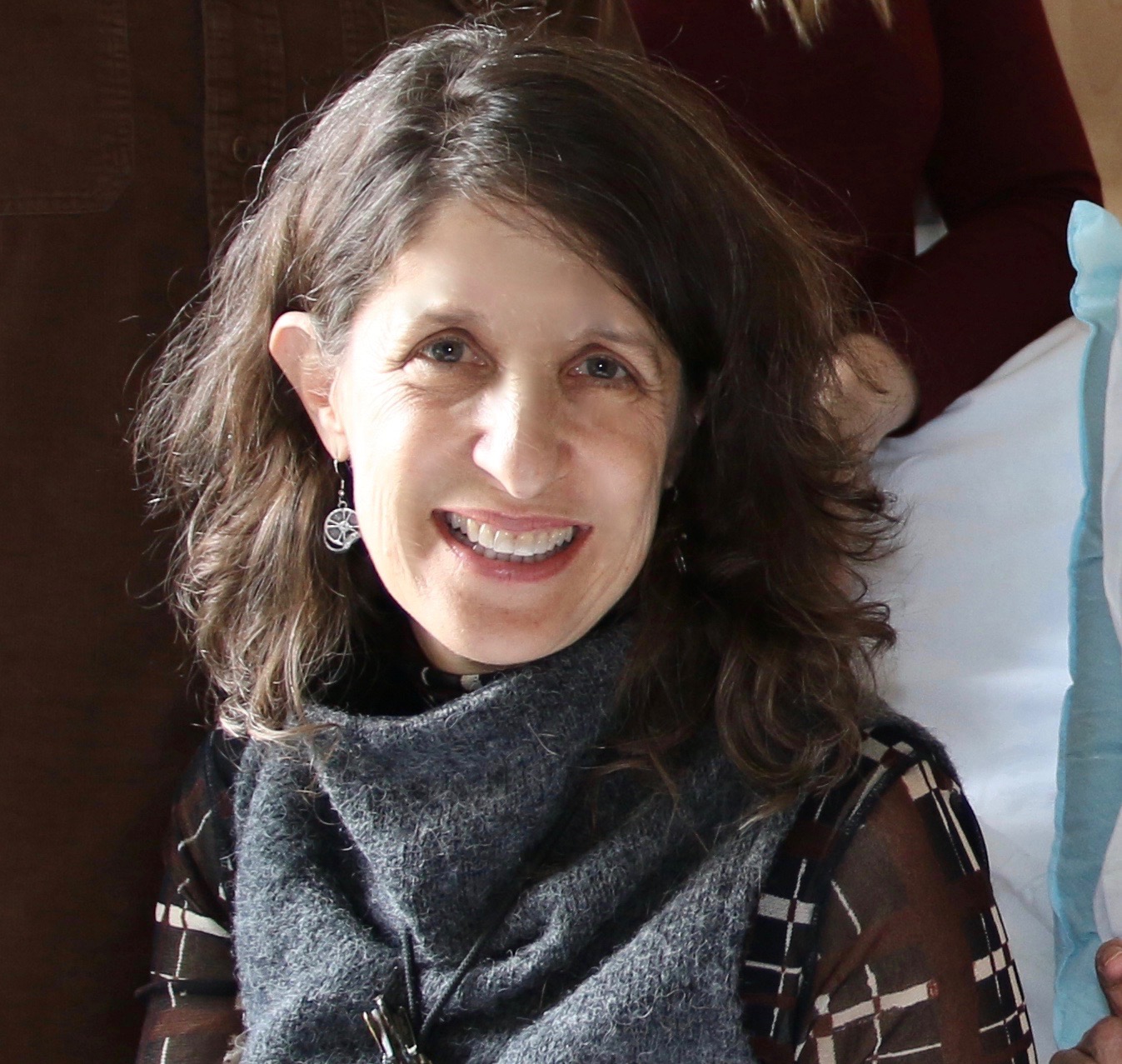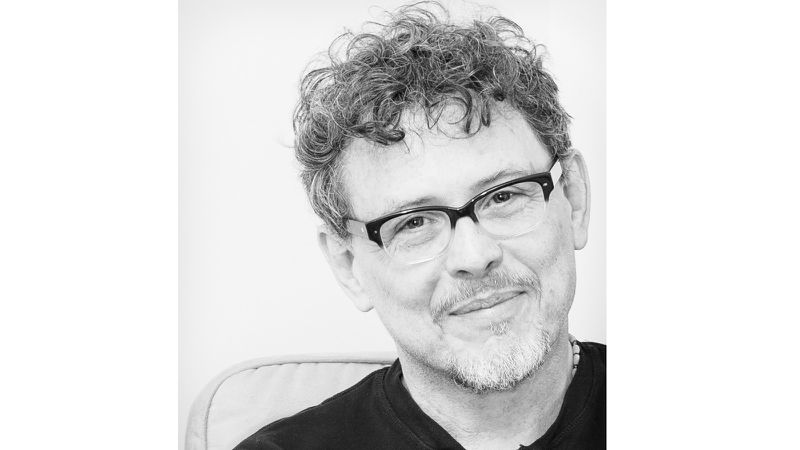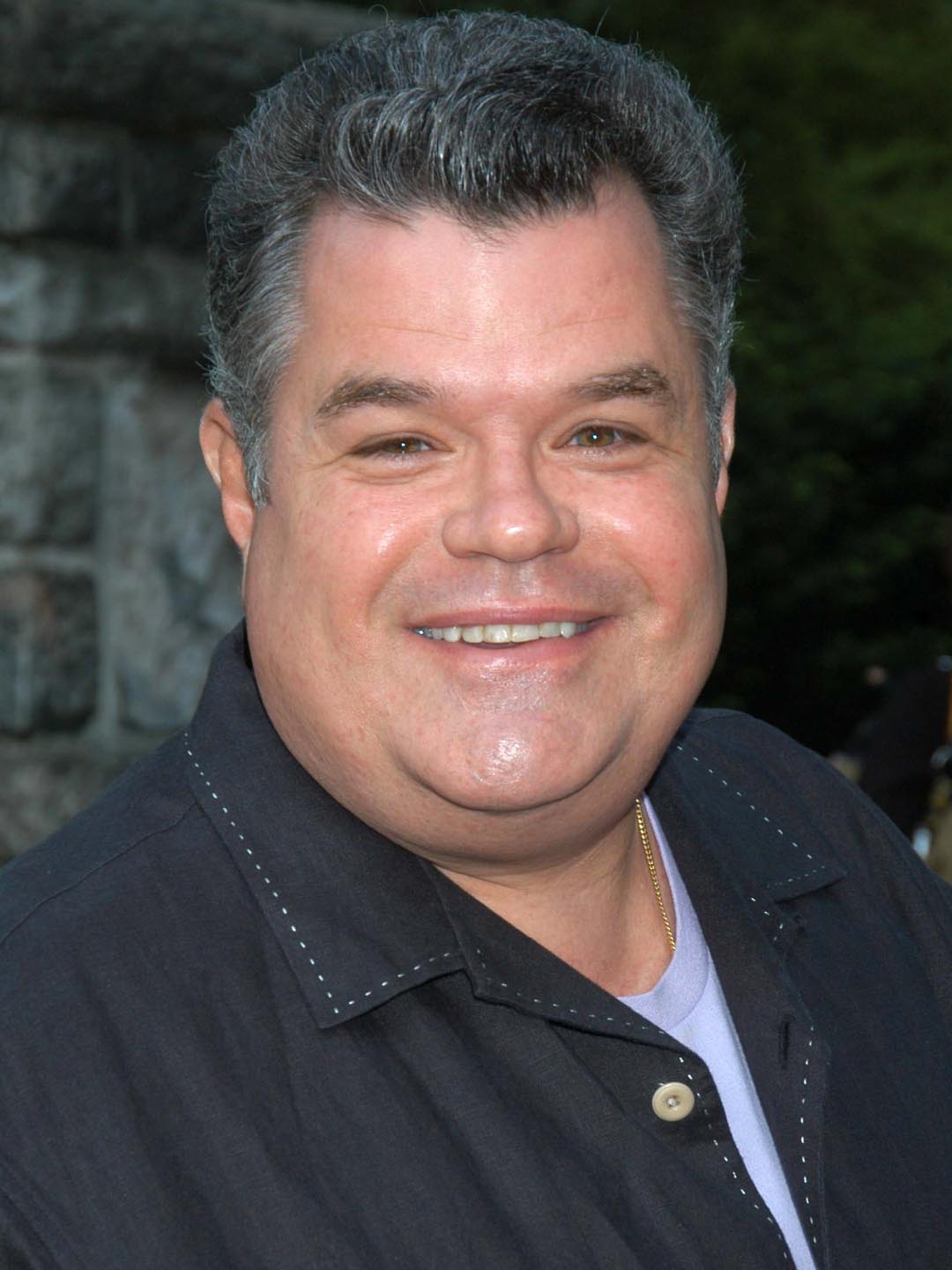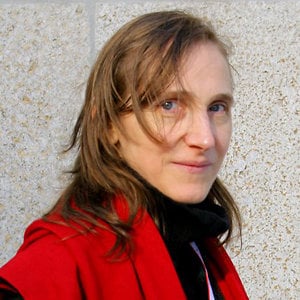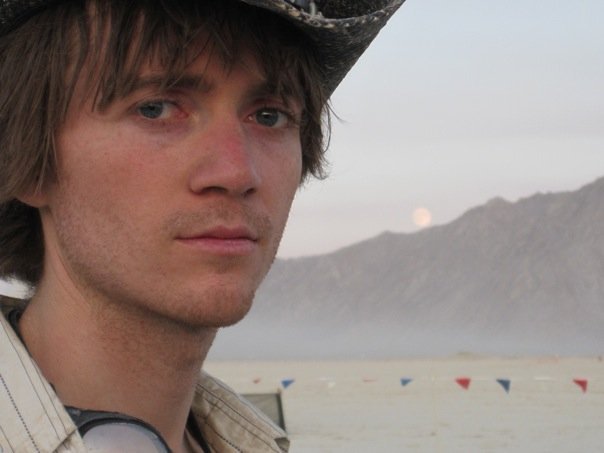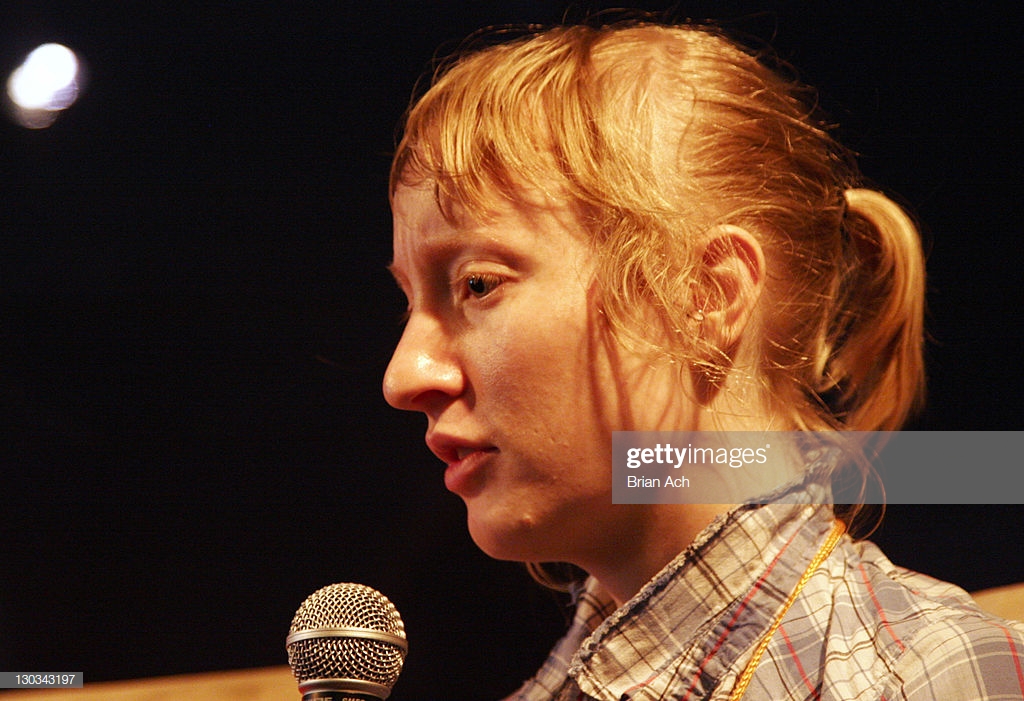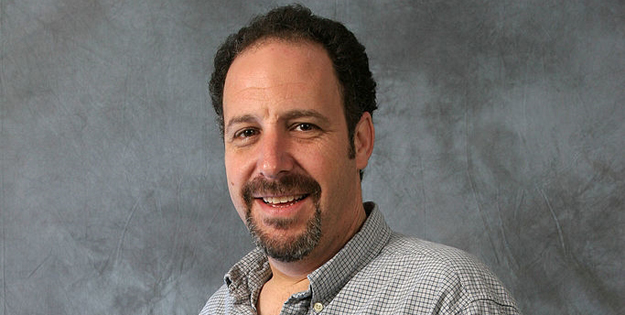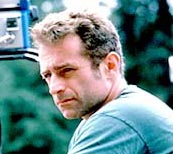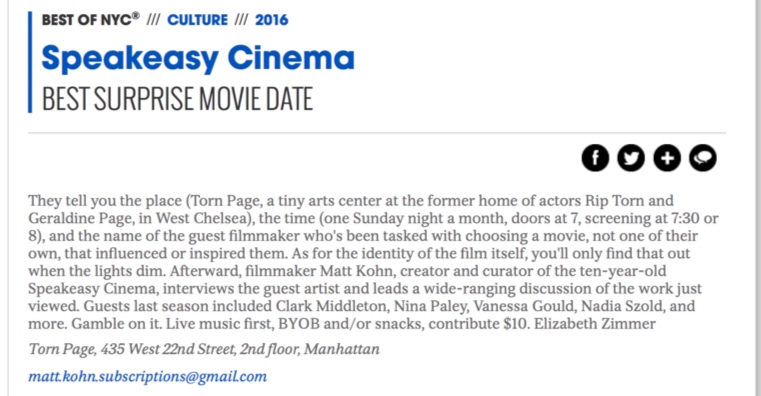In a world flooded with social media - we need private spaces to discuss our true feelings about the films we see.
Filmmaker Beth B creating provocations at Speakeasy Cinema after screening her two choices: Jean Genet's Un chant d'amour and Un Chien Andalou by Luis Buñuel and artist Salvador Dalí.
Matt Kohn invites a guest filmmaker or cultural figure to present an exciting, potentially controversial film. The audience has no idea what they are about to see. After the screening, the audience participates in a wild conversation with the guest filmmaker. These special ingredients fuel discovery of resonating cinematic gems and the change to debate: what did you just see? What did it mean to you? How did it make you feel?
Between 2006 and 2009 Speakeasy Cinema lived at the Collective Unconscious in Tribeca and then at NYC's Soho House.
Since 2011, most events are at the Torn Page Theater - a private location in Chelsea dedicated to the theatrical and film actors Rip Torn and Geraldine Page. Occasionally, we foray to other venues in New York City. Join the list to know when and where!
The most reliable way to join our list, send your email to: matt.kohn.subscriptions@gmail.com
Our private space above seats 50 people. Once in a while we need to rent a space to accommodate even more interest. Here, five filmmakers brought their favorite work of Chantal Ackerman.
What to expect at Speakeasy Cinema:
1) My guest brings a film. Only we know what it is until the lights dim, and the screen is lit.
2) The guest’s choice can’t be a film the guest has worked on: only a film they love or hate, think is important, inspiring and want to talk about. It’s useless to guess what film my guests will bring and don’t ask me - I have never told!
3) After the film, I interview my guest about why they brought the film. Then everyone in the audience shares their insights into the film. We talk about ART. Industry talk is verboten!
5) Bring a bottle – we provide the corkscrew
6) Usually, Speakeasy Cinema happens on the third Sunday evening of each month. This year we are going for Mondays!
7) In more than 10 years, we have never audio or video recorded our event - on purpose! This gives you, the audience member, freedom to really open up. What’s spoken about at Speakeasy Cinema stays at Speakeasy Cinema - and in your memory
Secret Film Unreeled Boog City Film Editor Joel Schlemowitz chatted with Matthew Kohn about how his innovative film series came to be and where it’s headed.
Boog City: Why don’t you give a little snapshot of what the series is like
Matthew Kohn: Speakeasy Cinema is an opportunity for a filmmaker, producer, or screenwriter to present a work not their own to an audience of unsuspecting cinema-lovers. They can take advantage of that situation in any way they wish, whether it be an experimental film, like when Lynne Sachs presented Ernie Gehr’s 16mm work, or when Jonathan Gray presented The Sting because it had some narrative dimensions that were close to him and he loved the movie. And although it was a huge Hollywood blockbuster and stars Robert Redford it turned out that two-thirds of our audience had never seen it before. So over the seven or eight years I’ve been doing this the flexibility of the concept allows even people who might be uncomfortable presenting their ideas in public in place of their films, it gives them an opportunity to be in a room with a bunch of people and talk and argue about film. One of the stipulations that we keep to is not to talk about the business of the film so we can treat the indie film produced for $30,000 in the 1970s on the same level as the big movie you think you might only see in a chain cinema.
Boog City. Pretty good for a screening where people don’t even know what they’re about to see.
To me the most important thing about Speakeasy Cinema is that you get provoked. By coming to something where you do not know what you’re going to see you don’t have any preconceived notions about how you’re going to feel by the end of the night. And even if you’ve seen the film before, the action of coming out physically but not knowing the film you’re about to see makes it a new experience. Afterward I do a short interview with my guest, then go around the room and encourage the audience to debate about how the film made them feel and made them think, and all these kinds of questions that come up with all these films.
Jose Rivera, the screenwriter for The Motorcycle Diaries, brought a film from India called Bandit Queen, and it was this amazing film about this woman who goes through a horrible rape and her village is burned down but she becomes a rebel leader against the government. She’s still very famous as a historic character, but this was a fictional film that was made about her. Our conversation was intense and there was a consensus that she was heroic. But then one woman brought up the question about how her character was handled by a male director, and, in a way, whether showing the rape brought up questions about her character. And there was a very large audience of women who were very vocal about it, either for or against the film’s depiction of this. So every kind of subject you can imagine gets brought up. One of the rules of Speakeasy Cinema is that we don’t record the conversations, so anyone can say anything they want.
I had an event where the producer Brian Devine brought Steven Soderbergh’s film King of the Hill and the audience thought it was pretty lighthearted fare, but one of my guests was a Sudanese model who had been a refugee and she really identified with the character of a boy in the Great Depression in a way that no one else in the room did, and it changed the nature of the conversation.
That’s what’s important to me about Speakeasy Cinema. Because if you’re only going to films with your friends or your relatives around Christmastime, then you’re never going to have a debate about what is the value of cinema in this sort of way. There really are not many opportunities to engage with a film where there isn’t that sort of market-driven selection process of what you’re going to see—it’s anti-capitalist! (laughs).
Read the entire interview at the bottom of this link at Boog Magazine.


